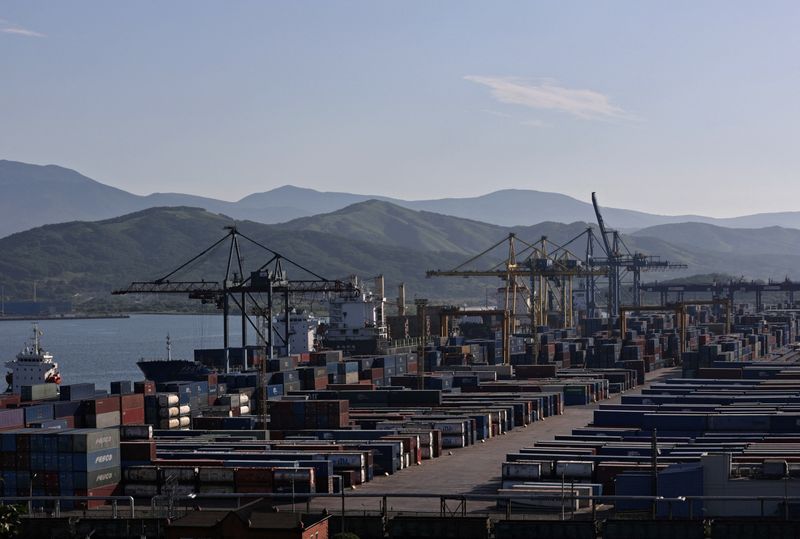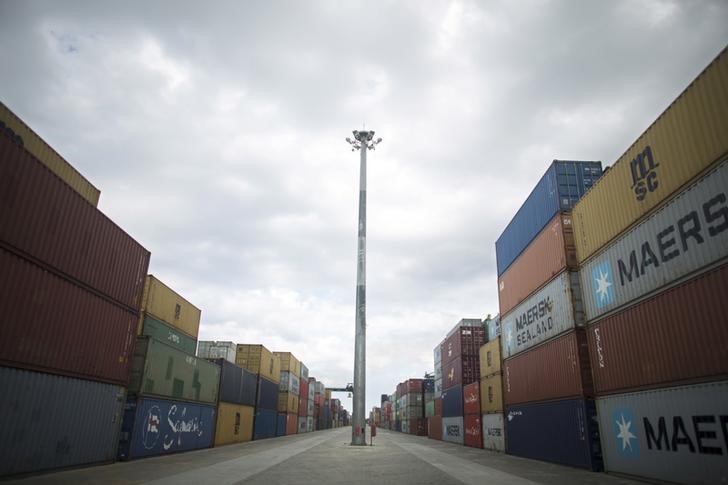(Reuters) – The global commercial shipping industry could reduce its carbon emissions by 47 million tons a year by using artificial intelligence for maritime navigation, a study by autonomous shipping startup Orca AI showed on Tuesday.
Use of the technology could reduce the need for maneuvers and route deviations during encounters with high-risk marine targets such as ships, buoys and marine mammals by alerting the crew in real time, the report said.
WHY IT’S IMPORTANT
Shipping, which is responsible for transporting about 90% of global trade, contributes almost 3% of the world’s CO2 emissions. This share is expected to increase in the coming years unless stricter pollution control measures are implemented.
The International Maritime Organization aims to reduce emissions by 20% by 2030, a target threatened by the ongoing Red Sea crisis.
IMPORTANT QUOTE
“In the short term, it may lead to fewer crew members on the bridge, while those on the bridge will have a reduced workload and increased focus on performing complex navigation tasks, optimizing the journey and reducing fuel and emissions,” says Orca AI. CEO Yarden Gross told Reuters.
“In the long term, it will open the door to fully autonomous shipping.”
CONTEXT
According to the Organization for Economic Co-operation and Development, global carbon dioxide emissions from shipping were estimated at 858 million tonnes in 2022, a marginal increase from the previous year.
Orca AI’s research shows that an average of 2,976 incidents at sea are reported per year.
BY THE NUMBERS

The reduction in route deviations could help ships shave 38.2 million nautical miles per year from their voyages, saving an average of $100,000 in fuel costs per ship, according to Orca AI’s report.
AI could also reduce encounters in open water by 33%, the report said.


